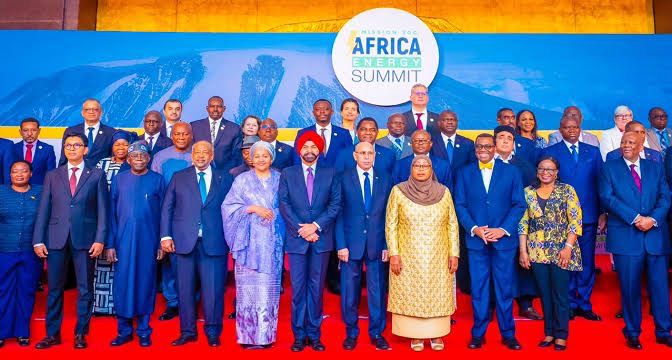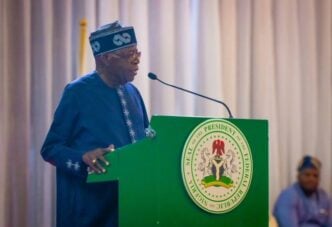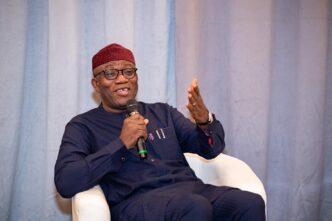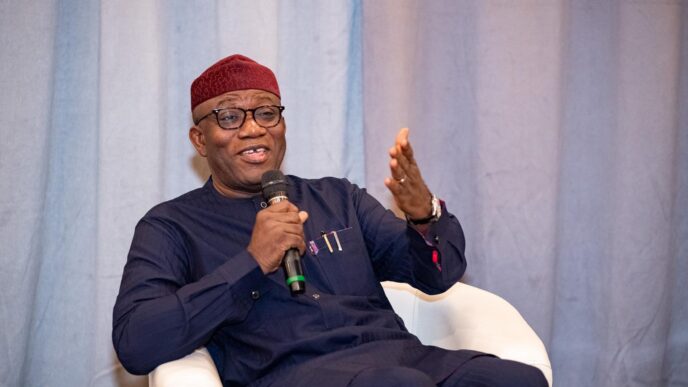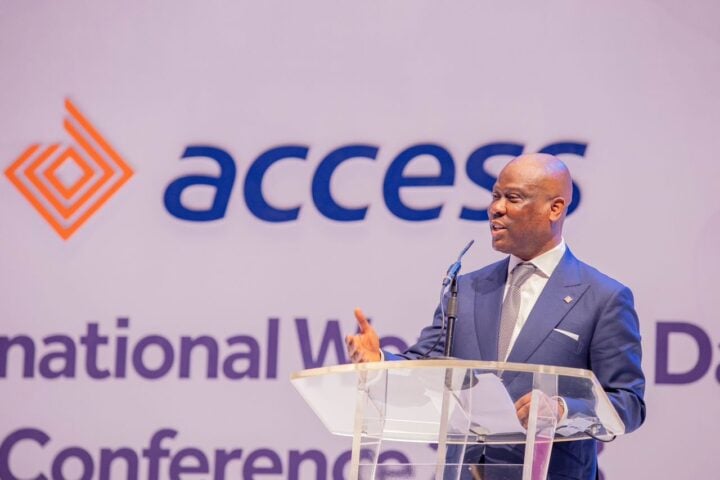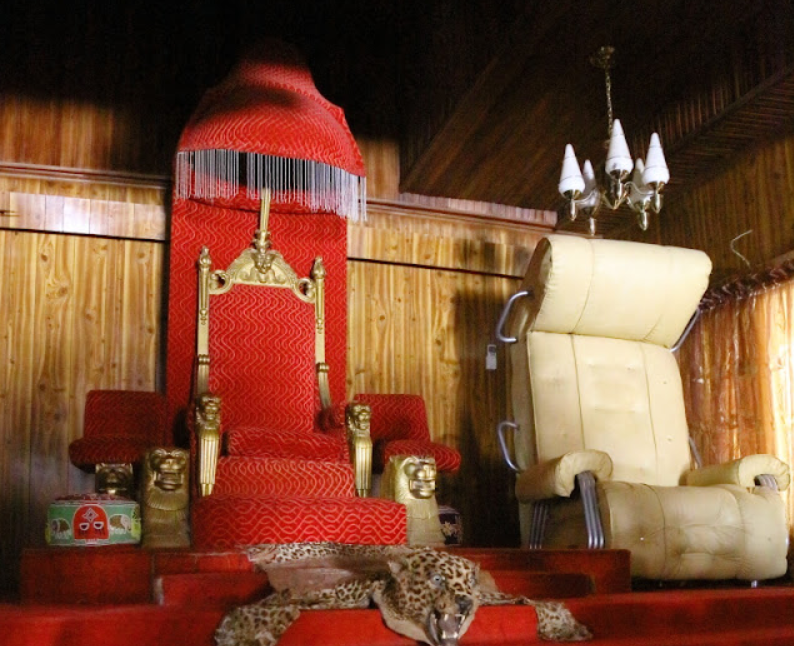BY LADI OGUNSEYE
Last week, I wrote a short LinkedIn post about the topic, and the reactions were very interesting. They showed that many professionals were interested in this topic. Understanding consumer behaviour is the cornerstone of any successful business strategy. In Nigeria, a country of over 200 million people with a median age of just 18, consumer spending is driven by a unique set of priorities. As strategists and entrepreneurs, cracking this code is essential for anyone looking to thrive in this dynamic market.
Over the past twelve years, through my research and experience working with Nigerian consumers, I have identified three key leagues of items that dominate spending in this market: Essentials, Ego Boosters, and Immediate ROI. If your product or service doesn’t fit into one of these categories, you’re in for an uphill battle that is winnable. Let’s break this down further.
The league of essentials: What Nigerians can’t survive without
Advertisement
The essential goods and services that are non-negotiable for daily survival are at the core of Nigerian spending habits. Items in this league include:
- Fuel: Despite being an oil-rich nation, Nigeria faces frequent fuel shortages, making it a top priority for consumers domestically or commercially. Despite the subsidy removal in the country and the consumption rate dropping geometrically, fuel is still an essential item that a lot of Nigerians use and would spend money on as an essential item.
- Food: With a growing population and rising urbanization, food consumption is a massive market. From staple foods like rice and beans to street food and quick-service restaurants, Nigerians spend a significant portion of their income on feeding themselves and their families. In one of the research done by PiggyVest, a fintech company in the country, most people spend most of their income on food. This shows how non-negotiable the food spend is for the average Nigerian.
- Housing: Housing remains a critical expense whether it’s rent or home construction. In cities like Lagos and Abuja, the demand for affordable housing far outstrips supply, driving up costs and allowing middlemen, popularly known as agents, to take advantage of the market by inflating agent fees from the regular 10%, among other sharp practices. These illicit practices would not cause the demand to go down, either. The need for shelter, which sits at the base of Maslow’s hierarchy of needs, is indeed an essential element that Nigerians would spend money on as a priority.
Why it matters: Essentials are the foundation of Nigerian consumer spending. If your product or service falls into this category, you’re addressing a basic need, which means consistent demand. However, competition is fierce, and pricing is often a key differentiator. Whilst food is an essential spend for a Nigerian, pricing will determine if they eat at ThePlace (a quick service restaurant) or Mama Put (a neighbourhood restaurant)
Ego boosters: What fuels the Nigerian ego
Advertisement
“Do you know who I am?” is the most popular Nigerian phrase you would hear while driving in the urban cities of Nigeria. Nigerians are aspirational consumers. They value status, prestige, and the ability to showcase their success. This is where ego boosters come into play. These products and services allow consumers to project an image of wealth, sophistication, or social standing.
You will find examples of these products in the lives of even the poor Nigerian population:
- Luxury gadgets: iPhones, Samsung Galaxy phones, and high-end laptops are highly coveted, even among low-income earners.
- Fashion and beauty: From designer labels to skincare products, Nigerians are willing to invest in looking good. The beauty industry, in particular, is booming, with a growing demand for local and international brands. The skin care market has mainly found its way into the Nigerian audience. South Korean products are the favourite of many consumers within this category, thanks to the influence of social media, reading, TikTok, and Korean drama (k-drama).
- Nightlife and entertainment: Spending on nightclub outings, concerts, and social events allows Nigerians to showcase their lifestyle and network with peers. In the country’s urban cities, you would find certain subcultures associated with nightlife, such as the “dorime” which is simply bottle ordering where the music is stopped and a particular sound is played for you as a show of respect and honour. The “money spraying” culture is also another subculture in entertainment, but where people spray money, they don’t even have to impress those who do not care about them.
Why it matters: The Nigerian consumer may drink an expensive beer in public but his regular beer when alone. Ego boosters tap into the emotional side of consumer behaviour worldwide. They’re not just about functionality but about identity and aspiration, two things Nigerians care deeply about. Brands positioned as status symbols can command premium prices and loyal followings.
Immediate ROI: What makes Nigerians money fast
Advertisement
Nigerians are pragmatic consumers. They’re always on the lookout for opportunities to improve their financial situation. Products and services that promise immediate return on investment (ROI) are highly attractive due to this. Examples include:
- Small-scale investments: From buying and reselling goods to investing in agriculture or real estate, Nigerians are entrepreneurial by nature. Open an average Nigerian’s WhatsApp (a popular social messaging application used in Nigeria) account. You will find at least ten entrepreneurs with another day’s job selling something on a small scale. These are ventures that provide immediate ROI to people, and they are very attractive products designed for small-scale business owners who would always gain adoption provided it moves their business forward or says so.
- Skill acquisition: Training programs, online courses, and workshops that promise to enhance earning potential are in high demand. It might sound very strange to people outside sub-Saharan Africa when they hear about the kind of skill acquisition programs or workshops people pay for in this part of the world. However, Nigerians are very thirsty to acquire new skills. As a child, I remember being introduced to the use of computers at fairly popular learning centers known as computer schools, where courses such as desktop publishing were taught. Today, there are tons of tech schools spread across the country where people send their kids to acquire and gain tech skills in preparation for the labour market and the future.
- Financial services: Fintech platforms like PiggyVest and Cowrywise, which help users save and invest, have gained massive popularity because they offer tangible financial benefits.
- Betting: When I wrote this article on LinkedIn, I did not state betting as an example; however, with the amount of betting activity in 2024 in Nigeria estimated at $294.2m, it is a testament to why this has gone mainstream. I remember vividly how it used to be taboo to be associated with gambling. However, sports betting companies have it very cool to be associated with. Because it provides immediate ROI or lacks it, this product category continually gains massive attention in the country.
Why it matters: Immediate ROI products and services appeal to Nigerians’ desire for financial security and upward mobility. If your offering can demonstrate clear, quick benefits, you’ll find a receptive audience.
The challenge of categories outside the big three
If your product or service doesn’t fit into one of these three categories, you’re facing a tough road. Take entertainment platforms like Netflix and DSTV, for example. While they provide value, they often struggle with issues like password sharing and customer retention. Entertainment, while enjoyable, doesn’t always align with Nigerian consumers’ core spending priorities.
Advertisement
For brands in this space, success requires:
- Heavy investment in marketing: Educating consumers about the value of your offering is crucial.
- Creative pricing strategies: Flexible payment plans and bundling can make your product more accessible.
- Building emotional connections: Tapping into cultural moments or creating locally relevant content can help bridge the gap.
Key Takeaways for entrepreneurs and marketers
Advertisement
Know your category: Before launching a product or service, ask yourself: Does this solve an essential need, boost the ego, or provide immediate financial returns? If not, rethink your strategy.
Understand the Nigerian mindset: Nigerians are pragmatic, aspirational, and value-conscious. Your offering must resonate with these traits.
Be prepared to educate: If your product doesn’t fit neatly into the big three categories, you must invest in consumer education and build trust over time.
In conclusion, the Nigerian market is not for the faint-hearted. It’s complex, fast-paced, and highly competitive. But the rewards are immense for those who take the time to understand its nuances.
Advertisement
By aligning your offering with the core spending priorities of Nigerian consumers, you can unlock a large and potential market.
So, the next time you brainstorm a business idea or refine your marketing strategy, ask yourself: What do Nigerians really pay for? The answer is the key to your success.
Advertisement
Ladi Ogunseye writes from Lagos, Nigeria. He is a startup operator in Africa and writes on consumer behaviour, entrepreneurship, business strategy, and marketing technology insights
Views expressed by contributors are strictly personal and not of TheCable.
Add a comment


